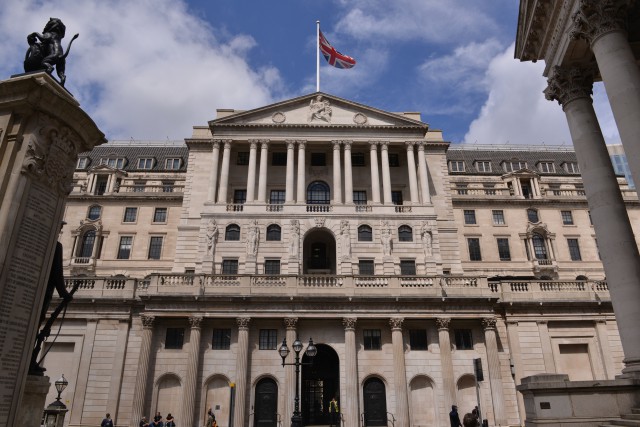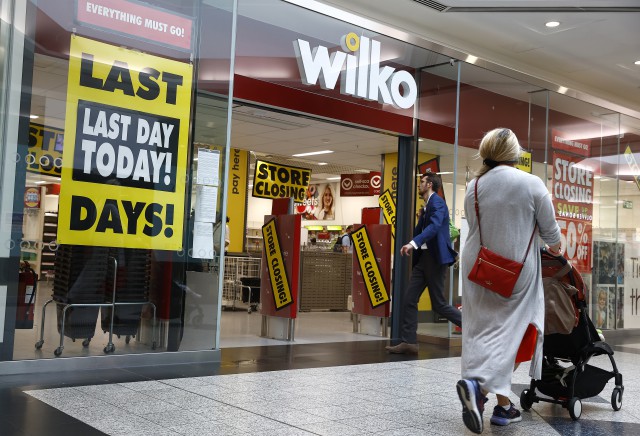Shoppers in the UK can finally breathe a sigh of relief as food inflation has reached its lowest level in a year. According to data analyst firm Kantar, grocery price inflation dropped to 12.2% in September, down from 12.7% in August. This is a significant decrease from the 17% inflation experienced earlier this year. The surge in food prices can be attributed to the cost of fuel and fertiliser, which skyrocketed after Russia invaded Ukraine in February 2022. Staples like pasta, bread, eggs, milk, and cereals have seen significant price increases.
Big food companies under scrutiny for hiking prices
Major food companies, including Unilever, Nestle, Premier Foods, and Associated British Foods (ABF), have faced criticism for raising prices well above inflation to protect their profit margins. For example, Premier Foods increased the price of Bisto gravy by 76%, Unilever doubled the cost of its Pot Noodles, and ABF reduced the size of Twinings tea packs while raising prices. However, ABF recently announced that it would not pass on any further price increases for the remainder of the year, now that inflation has eased.
Shoppers switch to own-label products
Cash-strapped consumers have been shifting their spending from expensive food brands to cheaper own-label products offered by supermarkets. According to Kantar, shoppers have redirected a staggering £3 billion towards own brands, which has benefited discounters Aldi and Lidl. However, the latest figures from Kantar show that these German retailers have lost market share for the first time in months.
Supermarkets fight back with aggressive promotions
The traditional supermarkets are fighting to regain market share by launching aggressive promotions. Tesco and Sainsbury's have introduced an Aldi Price Match and lower prices for members, while other major supermarkets have implemented several rounds of price cuts to narrow the gap with Aldi and Lidl. Although Kantar expects Aldi and Lidl's sales to continue rising, the growth rate is predicted to slow as they face competition from rival supermarkets.

£17B Home payment arrears
The number of households behind on mortgage payments has rocketed
A concerning trend has emerged as the number of households falling behind on their mortgage payments has reached the highest level since 2016, as reported by the Bank of England. Fourteen interest rate rises by the Bank have resulted in a 13% increase in mortgage arrears, which now amount to £16.9 billion in the second quarter of the year. This equates to approximately 1% of households being late with their mortgage payments.
Higher mortgage costs and dampened demand
Experts attribute the high level of mortgage arrears to the significant increase in mortgage costs and dampened demand. With mortgage lending slumping by a third, or £6.3 billion, since the pandemic, households now face a steep jump in mortgage costs. The average two-year fixed mortgage interest rate is now 6.7%, compared to 2.3% in 2021, according to Moneyfacts. As a result, many individuals find it too expensive to purchase a property, further exacerbating the cost-of-living crisis.
Rush for Wilko bargains
Wilko, a popular UK retailer, has seen a surge in shoppers over the past month as bargain-hunters flock to closing-down sales. Kantar reports that three million shoppers visited Wilko stores in August, up from 2.4 million in July. The retailer's share of non-food groceries, such as toiletries, healthcare, and household goods, increased from 1.8% in July to 2.3% in August. Administrators are expected to offer further discounts in the coming days to clear stock before permanently closing the stores. Despite its reputation for value for money, Wilko has lost ground to competitors such as Poundland, B&M, and Home Bargains.
Barclays jobs cut
Barclays, one of the UK's leading banks, is set to cut 450 staff from its retail banking arm. The bank's CEO, CS Venkatakishnan, stated that the cuts were a reflection of the ongoing industry-wide changes. However, the decision has faced criticism from Unite, the workers' union, as they argue against staff reductions during a cost-of-living crisis. Unite accuses Barclays of making billions in profits and questions the justification for job cuts.

Did you miss our previous article…
https://hellofaread.com/money/supermarket-selling-cheaper-version-of-pringles/








